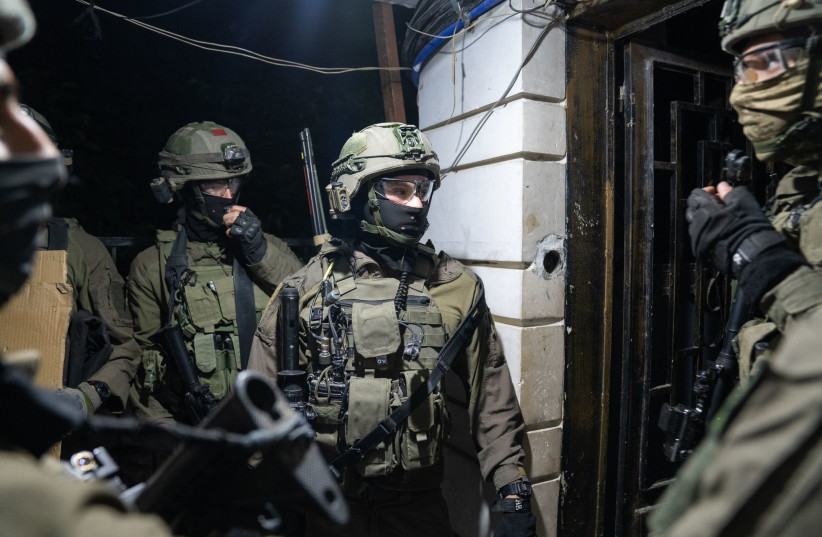 ALDEMAR KOMPALA / Agencja Wyborcza.pl
ALDEMAR KOMPALA / Agencja Wyborcza.pl
 Jej program oglądała cała Polska. Irena Dziedzic przeszła piekło, zmarła chora, samotna i zadłużona
Jej program oglądała cała Polska. Irena Dziedzic przeszła piekło, zmarła chora, samotna i zadłużona
Joanna Chojnacka
Irena Dziedzic była legendą PRL-u. Prowadziła program “Tele-Echo”, który oglądała cała Polska. Niestety życie prywatne dziennikarki wyglądało znacznie smutniej. Po wielu rozczarowaniach miłosnych żyła w biedzie i samotności. Umarła chora i zadłużona.
.
“Inteligencja, klasa, perfekcja, zawoalowana złośliwość, ironia – wszystko to fantastycznie łączyła w sobie” – pisał o Irenie Dziedzic Andrzej Luter z miesięcznika “Więź’. Dziennikarka była gwiazdą Telewizji Polskiej w PRL-u. Prezenterka oraz prowadząca talk-show “Tele-Echo” na zawsze zapisała się w historii telewizji dzięki swoim wyjątkowym rozmowom i pewności siebie.
Trzeba przyznać, że jakby porównać jej programy z dzisiejszymi celebryckimi rozmówkami, to widoczna jest przepaść. Wiem, inne były czasy, ale Dziedzic świadomie robiła swój program dla inteligencji. Prowadziła wiele festiwali w Sopocie i Opolu. Była niełatwym człowiekiem, twardym, pewnym siebie; można o niej napisać: miała charakter! – komplementował dziennikarkę po jej śmierci Luter.
.
Mało kto wie jednak, że uśmiechnięta i błyskotliwa dziennikarka przeszła przez piekło w życiu prywatnym. Dziedzic przeżyła sporo miłosnych rozczarowań. Jej partnerzy ją zdradzali i odchodzili do innych kobiet. W związku z tym kobieta straciła zaufanie do płci przeciwnej i do końca życia nie związała się już z nikim na stałe.
Irena Dziedzic była legendą telewizji. Ostatnie chwile życia spędziła samotnie
W 2006 roku Dziedzic została oskarżona o współpracę ze służbami PRL, na czym bardzo ucierpiał jej wizerunek. Miała posługiwać się pseudonimem “Marlena”. W 2013 roku Sąd Apelacyjny uchylił wyrok sprzed roku uznający Dziedzic za agentkę. Jak podaje Onet, sąd orzekł, że nie ma dostatecznych dowodów na współpracę dziennikarki ze służbami.
Po zakończeniu pracy w zawodzie Dziedzic unikała życia publicznego. Jej znajomi w rozmowie z tabloidami opowiadali, że była prezenterka żyje w biedzie. Ponoć otrzymywała najniższą z możliwych emerytur w Polsce i nie miała z czego żyć. Co więcej, okazało się, że dziennikarka jest także poważnie zadłużona.
Przyjaciółka gwiazdy w rozmowie z Wirtualną Polską opowiedziała, że Dziedzic nie przywiązywała wagi do rachunków.
Właściwie za nic w życiu nie chciała płacić. Kiedy jeszcze pracowała w telewizji, to oni płacili za nią, np. rachunki za telefon. Ale po tym, gdy nastała Solidarność i musiała się pożegnać z posadą, nie miał jej już kto pomagać. Nie była zbyt lubiana wśród sąsiadów, ani też wśród współpracowników w telewizji. W pewnym momencie za gaz i światło miała ponad 34 tys. zł. długu.
Dziennikarka miała pożyczać pieniądze i nigdy ich nie zwracać.
Właściwie chyba tylko ze mną się uczciwie rozliczała. Pamiętam, że musiała aż trzy przystanki jechać, żeby kupić pół chleba. Bo we wszystkich sklepach, kioskach i aptekach już wiedzieli, że nie płaci – dodaje znajoma prezenterki.
Suma, którą Dziedzic była winna różnym ludziom, miała sięgać aż 700 tysięcy złotych. Przyjaciółka dziennikarki zaznacza, że kilkanaście lat temu jeden z dziennikarzy wyliczał, iż Dziedzic ma założonych około 100 spraw za swoje długi.
Dziedzic żyła w koszmarnych warunkach. Była samotna, zadłużona i chora
Jak podaje RMF FM, ostatnie miesiące życia Dziedzic spędziła samotnie w koszmarnych warunkach. Zapoznana w szpitalu lekarka odwiedzała dziennikarkę w domu, a nawet zatrudniła do pomocy dwie osoby z Ukrainy.
Mieszkanie było brudne, zarobaczone, panował fetor, nie było ani jednej rzeczy nadającej się do ubrania. Naczynia były brudne, kuchenka gazowa uległa rozszczelnieniu i ulatniał się gaz – opisywała dla Wirtualnej Polski miejsce zamieszania Dziedzic, które zastały po powrocie ze szpitala.
Irena Dziedzic zmarła 5 listopada 2018 roku w tajemniczych okolicznościach. O śmierci dziennikarki poinformowano dopiero rok po tragedii. Śledztwo prowadzone przez prokuraturę wskazywało na nieumyślne spowodowanie śmierci prezenterki.
TVP Info informowało wówczas, że w ostatnich tygodniach życia Irena Dziedzic wypłaciła z konta sporą sumę pieniędzy. Ponadto podpisała także dokumenty notarialne, które upoważniały pewną kobietę do jej rachunku bankowego. W momencie podpisywania dokumentów Dziedzic miała być nieświadoma swoich czynów ze względu na pogarszający się stan zdrowia. Śledztwo w sprawie zostało jednak umorzone.
Ostatecznie ustalono, że Irena Dziedzic zmarła z przyczyn naturalnych. Została pochowana na cmentarzu leśnym w Laskach.
Zawartość publikowanych artykułów i materiałów nie reprezentuje poglądów ani opinii Reunion’68,
ani też webmastera Blogu Reunion’68, chyba ze jest to wyraźnie zaznaczone.
Twoje uwagi, linki, własne artykuły lub wiadomości prześlij na adres:
webmaster@reunion68.com




